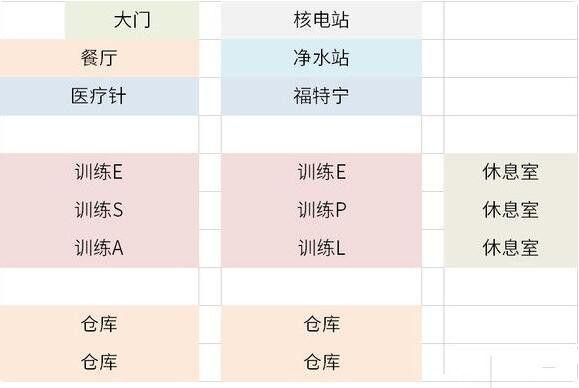先了解一下,什么是系动词:
系动词,只称系动词(Linking Verb),是用来辅助主语的动词。它本身有词义,但不能单独用作谓语,其后必须跟表语(名词、形容词、不定式、某些副词、非谓词、介词短语、从句),构成系表结构说明主语的状况、性质、特征等情况。比如:
这里举例2种情况:
接形容词
He felt ill yesterday. 他昨天病了。(felt是系动词,后跟表语,说明主语情况。)。
接不定式
All you have to do is to listen. 你只需要听。(is是系动词,to listen是表语)
另外,seem, appear, prove, turn out, grow 等连系动词后也可接不定式(尤其是 to be)短语作表语:
The plan proved to be useful. 这个计划证明是有用的。
sound, smell, feel, taste, become 等连系动词后通常不能接不定式:(也可以理解为用主动表被动):
误:These oranges taste to be good. (应去掉 to be)
误:The roses smell to be nice. (应去掉 to be)
现在说系动词“省略”,从本句的省略开始:
“Love marriages” remain disreputable in India, and arranged marriages the norm.
承前省略系动词
To know is one thing, and to teach quite another. 知道是一回事,教又是一回事。
to teach后省去了is。
Our flat is on the first floor and theirs on the third. 我们的公寓在一楼,他们的公寓在三楼。
theirs后省去了is。
这一句到这里就清楚了:
“Love marriages” remain disreputable in India, and arranged marriages the norm.
后半句省略系动词remain;
接下来再介绍其它几种系动词省略的情况:
在比较结构中,than和as后的主语 系动词,通常可省略系动词。如:
Sally is as intelligent as Bill. 莎莉和比尔一样聪明。
Bill后省略了is。
He is as quick in answering as his sister. 他回答得和他妹妹一样快。
sister后省略了is。
没错,这种我们习以为常的用法还是属于系动词省略呢~
whatever与however引导的让步状语从句可省去连系动词,如:
I refuse, however favourable the conditions. 不管条件如何有利,我都不干。
conditions后省去了are。
其它的还有:
口语中的省略,比如:
Everybody gone? 人都走了吗?
句首省去连系动词is。
在报纸标题中也通常省去连系动词。如:
Arrests up for Economic Crimes 因经济犯罪而被逮捕之人数上升
arrests后省去连系动词are。
富有诗意的文体中。如:
How quick, how easy, the transition from despair to rapture. 从悲观失望到欣喜若狂,转变得多么快、多么轻易啊。
非省略结构应是How quick and how easy is. . . 。






